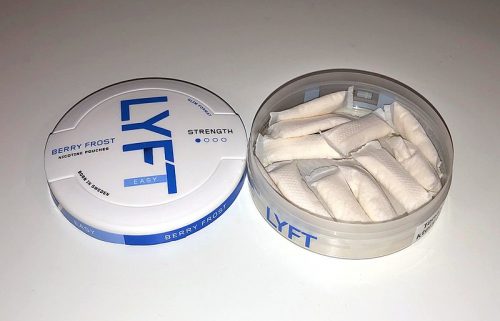
- Posted on:
- Related Parties: Russian Federation
The President of the Russian Federation, Vladimir Putin, approved on 31 July 2020, new amendments to the Tobacco Control Law, aiming to harmonize the regulation of tobacco and other nicotine products. Although the amendments acknowledge that there are different types of nicotine-releasing technologies involved, they are all treated in the same manner as traditional tobacco products.
This new legislation was developed in response to the appearance in the market, in 2019, of chewed or sucked products containing nicotine and food additives, such as flavours. The difference with products such snus is that they do not contain tobacco leaf and, therefore, they did not fall under the definition of "tobacco products" existing at the time. The appearance of a wide range of products, with aggressive marketing strategies, primarily addressed to the youth, caused poisoning episodes in minors, which demonstrated the urgency to regulate these new products.
The amendments approved expand the Tobacco Control Law to also include "nicotine-containing products" (NCPs), as products that contain nicotine or its derivatives, such as nicotine salts, intended for nicotine delivery by sucking, chewing, snorting or inhalation. These include heated tobacco products, solutions, liquids and gels with liquid nicotine, as well as nicotine powders and mixtures for sucking, chewing and snorting, not intended for use as food. NCPs have now become subject to the same restrictions and prohibitions imposed upon traditional cigarettes.
The new law also introduces a definition of "devices for the use of nicotine-containing products" which includes electronic nicotine delivery systems (ENDS) and systems for heating tobacco, except for those registered as medicinal products and medications.
The new amendments introduce a ban on the use of NCPs and hookahs in restaurants and commercial facilities. Additionally, the sale of tobacco products, tobacco devices or NCPs, hookahs and systems for the use of NCPs to and by minors (under 18 years of age) is prohibited. A ban is also introduced for the wholesale and retail sale NCPs for eating, as well as of NCPs intended for chewing, sucking and snorting. The sale of NCPs via vending machines and the Internet is not allowed. The advertising and promotion of NCPs, hookahs and devices for the use of NCPs, and the sponsorship of NCPs is banned, as well as the display of NCPs at point of sale. The law also establishes the maximum nicotine content at 20 mg per 1 ml in liquids and nicotine solutions, including those used for ENDS.
The provision of medical assistance and treatment of tobacco (nicotine) dependency is extended to those using NCPs. Moreover, the law expands the measures to prevent the illegal trade of tobacco products also to NCPs.
The new law came into effect on 31 July 2020, although for certain rules a transition period is allowed. The prohibition on the use of NCPs in restaurants and cafes enters into force on 30 October 2020, and the restrictions on retail sales and the prohibitions regarding advertising, promotion and sponsorship will become effective on 28 January 2021.
The text of the amendment is available as follows: in Russian; in English (unofficial translation).
For more information, please, contact: Dr Oleg Salagay, Ministry of Health (e-mail: salagayoo@rosminzdrav.ru).
For the latest information on tobacco control in the Russian Federation, please, see this webpage.
